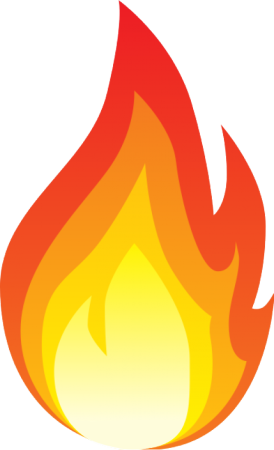Ways Gambling Operators Turn a Profit

Those who are not overly familiar with the betting world may not know exactly how a gambling establishment makes its money. They probably have heard a cliché like “the house always wins” and never put much more thought to it than that. The cliché itself isn’t exactly correct. If by “the house” a person means every casino or sportsbook combined since the dawn of time, then yes, the house always wins. But casinos and sportsbooks do go out of business. They too are susceptible to streaks and they can lose money month after month. If the company is not financed deep enough to withstand one or more of these losing periods, they will fold.
But the mathematics behind how they make money is not terribly complicated. In each type of bet being offered, there is a small fee built into the bet, that assures some money is taken out for the house. If a casino or sportsbook runs a tight ship and balances their action, they can make a constant healthy profit. Here are the type of fees built into the bet offering.
Vig
This term is for sports betting and is short for vigorish. In simplest terms, it is the ten % betting fee placed on a sports wager that is ultimately paid by the loser of a bet. For instance, when you risk $110 to win $100 on the Eagles, you would lose the $110 if they don’t cover, but you win $100 if they do. In moneyline bets it is figured into your bet as well. If you are risking -120 on baseball team A, then the other side (team B) pays +100. That 20% in the middle is the vig. These types of lines are common in hockey and baseball. Some sportsbooks will offer a dimeline where it is only 10% for those sports (-110/100).
A sportsbook’s job is to balance the action as evenly as possible and guarantee themselves the vig. If they take in $1 million dollars of bets on a sporting event and have it perfectly balance, then they make $100,000. That money pays for the overhead of the operation and whatever is left over heads to the coffers of the ownership.
Note: In the USA the word vig is also used to describe the interest charged by a loan shark.
Rake
Rake is the same concept but applied to Poker. It is a scaled commission taken by the table operator. It is usually 2.5%-10% of the action. There are non-percentage based rake models too. It can be a fixed rate (regardless of the size of the pot). If you play poker at a casino, you will notice the dealer squirrel away chips from the pot and put them into a slot. That is your rake hard at work.
House Odds
In games of chance where the bettor is playing against the house, the game has a built-in odds payout that favors the house. For instance, whenever Blackjack is being played perfectly, the house has a 52% chance of winning. Factor in that most people do not play perfectly and you can see how the house stands to make money. Roulette, Craps, slot machines; all have house odds. The games themselves are literally stacked against the player winning. The longer the odds, the higher the payout, but with fewer winners.
We hope this article has helped enlighten you as to how gambling institutions make their money. These are the basic principles and it should be noted there are various deeper levels of these models and that sportsbooks often aren’t able to balance the action perfectly and do expose themselves, which can lead to great profit or great loss.















